Learning electrical safety at home
Learning electrical safety at home is essential for preventing accidents, fires, and injuries. Here are some important tips and guidelines:
-
Understand Basic Concepts
- Circuit Breakers and Fuses: Learn the purpose of the circuit breaker box and fuses. These protect your home from electrical overloads.
- Grounding: Grounding ensures that excess electricity can safely be directed into the earth, preventing shocks.
-
Inspect Electrical Appliances
- Check for Damage: Regularly inspect the cords and plugs of appliances. Frayed wires or damaged insulation can cause electrical shocks or fires.
- Unplug When Not in Use: Always unplug appliances when they’re not in use, especially high-wattage items like irons and space heaters.
-
Do Not Overload Outlets
- Limit the Number of Devices: Avoid plugging too many appliances into a single outlet or power strip, as this can overload circuits and cause overheating.
- Use Power Strips with Surge Protection: Power strips with surge protection can prevent damage during power surges.
-
Use Extension Cords Properly
- Do Not Overuse: Extension cords are meant for temporary use. If you need more outlets, hire an electrician to install additional ones.
- Heavy-Duty Cords: For heavy appliances like refrigerators, always use heavy-duty extension cords.
-
Avoid Water
- Keep Dry: Never operate electrical appliances near water. Water and electricity are a dangerous combination that can lead to electrocution.
- Bathrooms & Kitchens: Be especially cautious in areas with water, such as bathrooms, kitchens, and outdoor spaces.
-
Childproof Your Outlets
- Use Outlet Covers: If you have children, install safety covers on unused outlets to prevent them from sticking objects into them.
-
Avoid DIY Electrical Repairs
- Hire a Licensed Electrician: If you are not trained in electrical work, avoid attempting repairs on your own. Incorrect wiring can be dangerous.
- Shut Off Power: If you must work on any electrical component in your home, turn off the power at the breaker box first.
-
Be Aware of Warning Signs
- Flickering Lights: This could indicate a wiring problem or an overloaded circuit.
- Warm Outlets or Switches: If an outlet feels warm or there’s a burning smell, stop using it and call an electrician.
- Frequent Breaker Trips: If your circuit breaker trips often, it could mean that the system is overloaded.
Understanding these guidelines can significantly improve safety at home, but it’s always best to consult with or hire professionals when dealing with complex electrical issues.

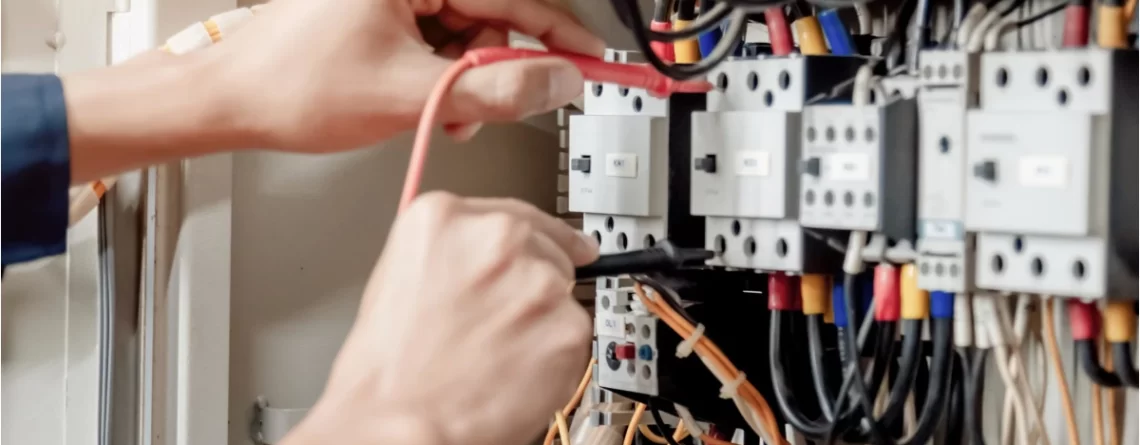


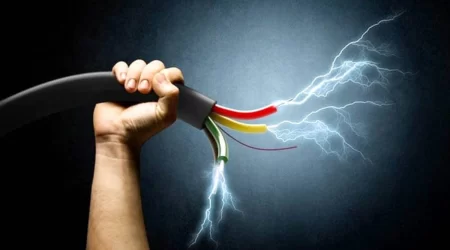
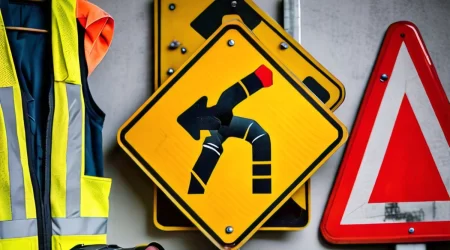



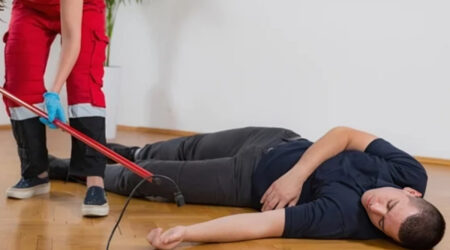

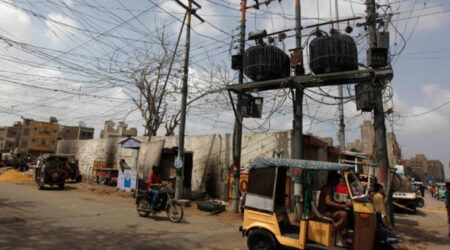
Leave a Reply